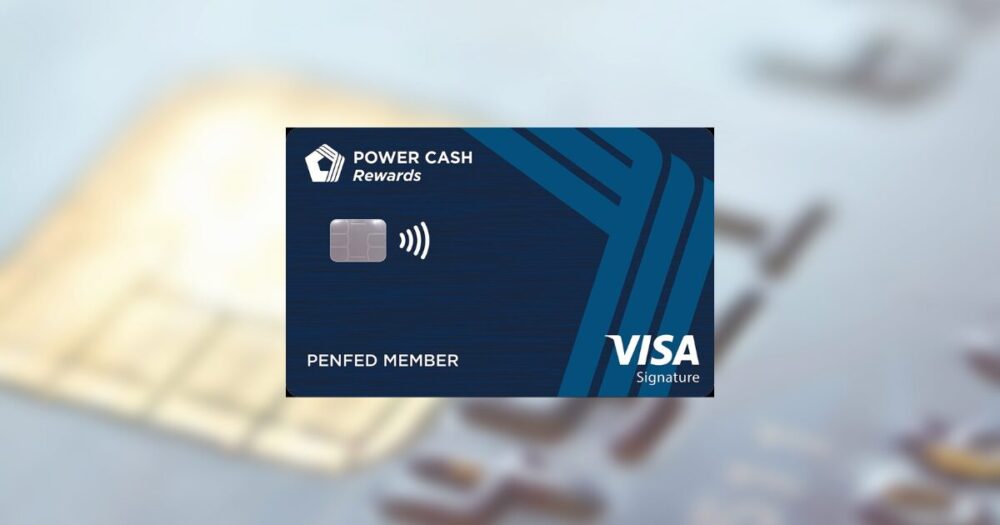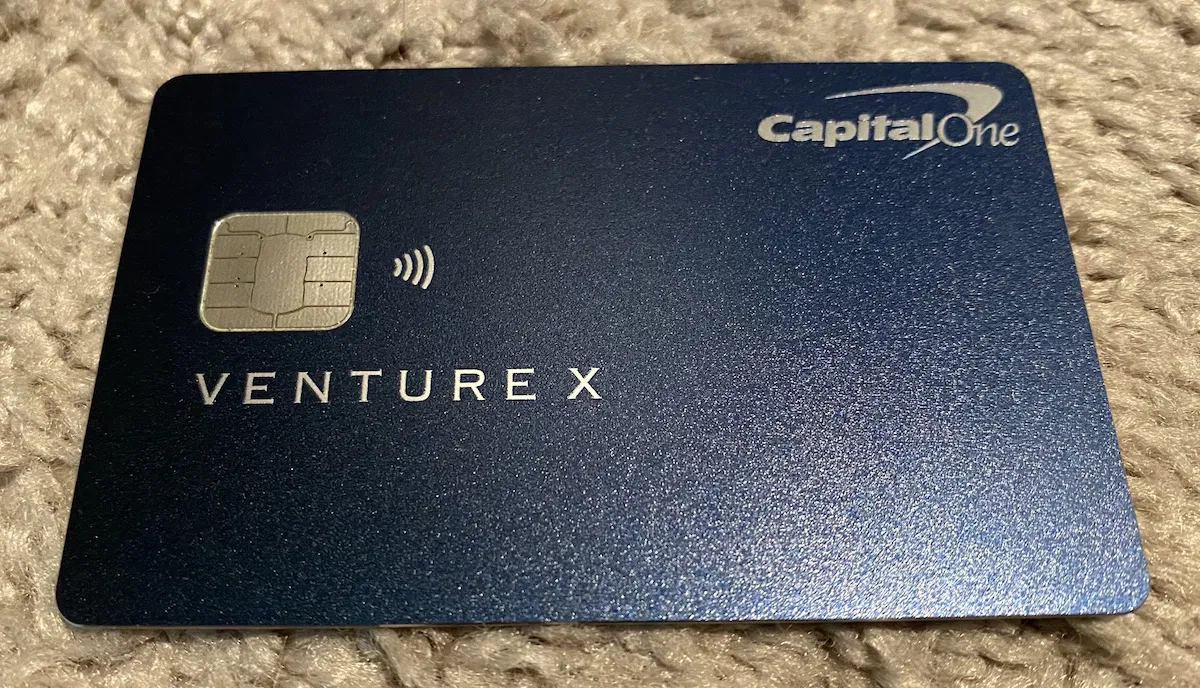The dangers of credit card debt and how to protect yourself

The Importance of Understanding Credit Card Debt
Credit cards can represent a powerful financial tool when used wisely, offering convenience, rewards, and the ability to build credit history. However, misuse can lead to significant financial pitfalls. Falling into credit card debt can impact your credit score, increase stress, and limit future financial opportunities. Understanding credit card debt is critical for anyone looking to build a secure financial future.
Here are some key dangers associated with credit card debt:
- High Interest Rates: Many credit cards come with interest rates that can exceed 20% annually. This can make it easy for your debt to spiral out of control if you carry a balance. For instance, if you owe $1,000 on a credit card with a 20% interest rate and only make the minimum payment, it could take several years to pay off, and you would end up paying a lot more than the original amount.
- Minimum Payments: Credit card statements typically feature a “minimum payment” option, which can be tempting. However, only paying this minimum often leads to long-term debt, as it barely covers the interest. For example, if your minimum payment is $25 on a $1,500 balance, while you may feel like you’re managing the debt, you could end up paying for years, during which you accrue interest on the remaining balance.
- Fees and Penalties: Missing payments or making late payments can result in hefty fees and even higher interest rates. For example, many credit cards charge late fees that can be $35 or more and may raise your interest rate to penalty rates of around 30%. This creates a cycle of debt that can be challenging to escape.
Understanding these dangers is the first step to protecting yourself from credit card pitfalls. Awareness and preventive measures can help you maintain control over your finances. Here are some effective strategies to mitigate these risks:
First, always aim to pay your balances in full if possible. This practice not only helps you avoid accumulating interest, but it also reflects positively on your credit report. Additionally, stay informed about the terms of your credit cards, including interest rates and fees, so that you can make better financial decisions.
Regularly monitoring your spending is also crucial. Create a budget that accommodates your expenses and ensures you do not exceed your credit limit. Many mobile apps can help you track your spending and remind you of upcoming due dates, which can prevent late payments and the resulting penalties.
In conclusion, by adopting smart habits, you can enjoy the benefits of credit cards without succumbing to the pitfalls of debt. Make a commitment to understand your finances, and take proactive steps towards responsible credit card use. With dedication and discipline, you can navigate the world of credit cards effectively and pave the way for a secure financial future.
DISCOVER MORE: Click here to delve deeper
Recognizing the Risks of Credit Card Debt
The consequences of accumulating credit card debt can be severe, adversely affecting not only your financial health but also your emotional well-being. It is essential to recognize and understand these risks to take constructive steps toward financial stability.
One of the primary dangers of credit card debt is how it can drastically impact your credit score. Your credit score is a numerical representation of your creditworthiness and significantly influences your ability to secure loans or mortgages. High credit card balances, especially when they exceed 30% of your total credit limit, can lead to a lower credit score. This could affect your chances of obtaining favorable interest rates on future loans, making important purchases more expensive over time.
In addition to the effects on your credit score, credit card debt can also create a cycle of stress and anxiety. The constant worry about making payments can detract from your overall quality of life. Financial stress is often related to mental health issues, leading to a cycle where debt creates further difficulties in managing finances. Recognizing this connection emphasizes the importance of taking charge of your debt early.
It is also crucial to be aware of the psychological trap that credit cards can create. The ease of using credit cards can encourage impulse spending, leading to accumulating unnecessary debt. For example, a simple trip to the store for groceries can quickly escalate when impulse purchases of non-essential items occur. Understanding that credit cards can blur the lines of budgeting helps reinforce the importance of mindful spending.
- Budget Mismanagement: Credit card debt often stems from poor budgeting. Without a clear understanding of income versus expenses, it’s easy to overspend. Create a monthly budget that considers essential and discretionary spending to maintain control.
- Income Changes: Job loss or unexpected expenses can amplify the risks of credit card debt. A sudden change in your financial situation can make it difficult to make minimum payments, which can lead to late fees and increased interest rates.
- Lack of Emergency Savings: Relying on credit cards without a financial safety net can lead to increased debt in emergencies. Establishing an emergency fund can prevent you from resorting to your credit card for unexpected expenses.
Understanding these dangers aids in constructing a robust strategy to manage your finances effectively. Knowledge empowers you to make informed decisions and seek solutions tailored to your specific financial situation. By examining your spending habits and recognizing the risks associated with credit card debt, you can establish a clearer path toward financial health.
DIVE DEEPER: Click here to learn more
Strategies to Protect Yourself from Credit Card Debt
Recognizing the dangers of credit card debt is the first step toward safeguarding your financial future. Once you are aware of the risks, it’s crucial to implement practical strategies that help you avoid falling into the debt trap. Here are several effective methods to protect yourself from credit card debt and cultivate healthier spending habits.
Create a Realistic Budget
Establishing a detailed monthly budget is a vital step in managing your finances. A well-structured budget helps you keep track of your income, expenses, and savings goals. Start by listing all sources of income and fixed expenses, such as rent or mortgage, utilities, and groceries. Next, allocate a portion of your income to discretionary spending, such as dining out or entertainment. This will give you a clearer view of how much money you can spend without relying on credit cards.
Limit Credit Card Usage
One effective way to prevent accumulating credit card debt is to limit the number of credit cards you own. Having fewer credit cards not only simplifies financial management but also minimizes the temptation to overspend. It’s essential to use credit cards wisely; ideally, they should be reserved for emergencies or planned purchases that can be paid off promptly. Consider leaving your cards at home while shopping to avoid impulse buys.
Pay More than the Minimum
When it comes to making payments on your credit card, a common pitfall is only paying the minimum amount due. This approach can lead to prolonged debt and higher interest payments. Instead, aim to pay more than the minimum whenever possible. By paying down your balance faster, you reduce the total interest accrued, ultimately saving you money in the long run. For example, if your minimum payment is $50, consider paying $100 each month, allowing you to significantly lower your outstanding balance.
Establish an Emergency Fund
Building an emergency fund is another effective strategy to protect yourself from credit card debt. Aim to save enough to cover at least three to six months of living expenses. This financial cushion can be a lifesaver during unexpected situations, such as medical emergencies or job loss. With an emergency fund in place, you’re less likely to rely on credit cards when unforeseen expenses arise. Start small, with a goal of setting aside a specific amount each month, and watch your savings grow.
Monitor Your Credit Report
Regularly checking your credit report is another crucial aspect of financial health. You are entitled to one free credit report per year from each of the three major credit bureaus: Equifax, Experian, and TransUnion. Monitoring your credit report not only helps you stay informed about your credit standing but also lets you catch any potential errors or fraudulent charges early. If you notice discrepancies, you can take immediate action to rectify them.
Applying these strategies can significantly reduce your risk of falling into credit card debt. By remaining proactive about your finances, you create a more stable financial future, ensuring that credit cards serve as a tool for convenience rather than a source of stress. Embracing responsible financial habits is key to maintaining peace of mind and achieving your financial goals.
DISCOVER MORE: Click here to learn how to apply
Conclusion
In conclusion, the dangers of credit card debt are significant and can have long-lasting effects on your financial health. Understanding these risks empowers you to make informed decisions about your spending habits and overall financial management. By creating a realistic budget, limiting your credit card usage, and consistently paying more than the minimum amount due, you can take control of your finances. Building an emergency fund will provide you with a financial cushion, reducing the need to rely on credit cards during tough times. Furthermore, regularly monitoring your credit report not only safeguards your credit history but also helps you stay aware of your financial standing.
Remember, credit cards should be viewed as tools that can enhance your purchasing power when used wisely, not as a means to accumulate debt. By adopting these proactive strategies, you protect yourself from the pitfalls of credit card debt and pave the way towards a brighter financial future. It’s about fostering a mindset where responsible spending becomes second nature—a practice that can lead to financial stability and peace of mind. Ultimately, your financial well-being thrives on your ability to make conscious choices, stay informed, and cultivate habits that prioritize your long-term goals over short-term gratification.


